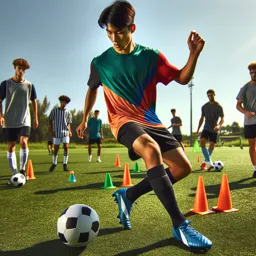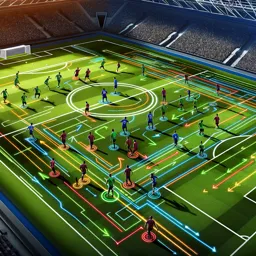Introduction to Self-Defense
Self-defense is more than just physical techniques—it’s a holistic approach to personal safety that empowers individuals to protect themselves physically, mentally, and emotionally. Whether you’re navigating urban environments or rural settings, having basic self-defense knowledge is a valuable life skill.
Why Learn Self-Defense?
- Confidence: Knowing how to protect yourself can boost your confidence in daily life.
- Awareness: Self-defense training sharpens your situational awareness and helps you recognize potential threats before they escalate.
- Physical Fitness: Many self-defense techniques also contribute to overall health, improving balance, strength, and flexibility.
- Peace of Mind: Preparedness can provide a sense of security in unpredictable situations.
Fundamental Principles of Self-Defense
- Avoidance: The best way to win a confrontation is to avoid it whenever possible. Trust your instincts and create distance from potential threats.
- De-escalation: Use verbal and non-verbal communication to defuse tensions. Stay calm and non-confrontational.
- Physical Techniques: Learn and practice basic moves for escaping holds, blocking attacks, and targeting vulnerable areas if physically confronted.
- Environment Awareness: Be mindful of your surroundings and look for exits, obstacles, and possible objects that could be used for defense.
Simple Self-Defense Techniques
- Palm Strike: Striking with the heel of your palm to the attacker’s chin or nose.
- Knee Strike: Delivering a powerful knee to the attacker’s midsection or groin.
- Escape from Grabs: Simple maneuvers to break free from wrist or clothing grabs.
- Loud Verbal Commands: Shouting firmly can startle an attacker and draw attention to your situation.
Mental Preparedness and Awareness
Emotional and mental preparation is vital. Regularly assess your own comfort zones, practice controlled breathing in stressful scenarios, and visualize how you would respond to different situations. Developing a resilient mindset is as important as physical practice.
Tips for Staying Safe
- Stay alert and avoid distractions, especially in unfamiliar surroundings.
- Travel in groups when possible, particularly at night.
- Trust your instincts. If something feels wrong, take action to protect yourself.
- Consider carrying a personal safety device, such as a whistle or alarm.
Conclusion: Empower Yourself Through Preparedness
Learning self-defense equips you with the skills and mindset to handle threatening situations with confidence and calm. It’s never too late to start—empower yourself by taking a self-defense course or practicing techniques regularly. Stay safe, stay prepared!
































